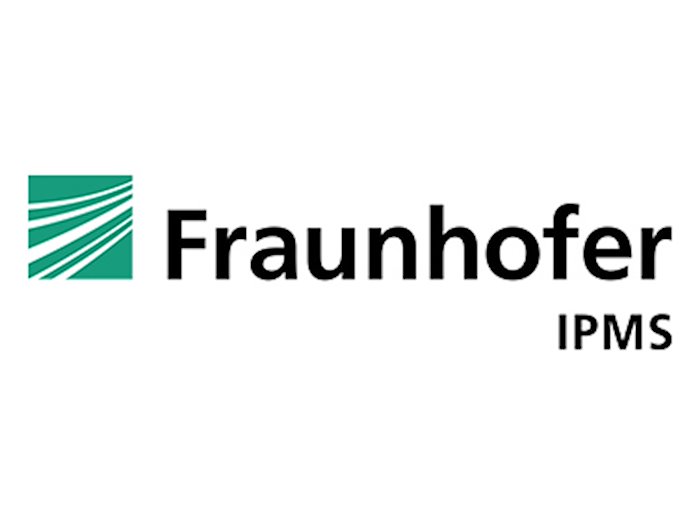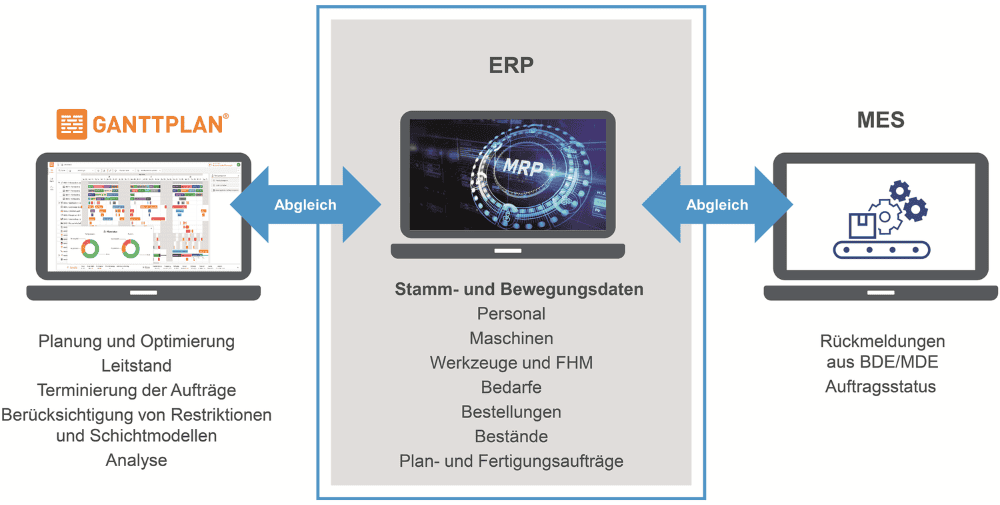
Coordinated by the EU’s four leading research and technology organizations (RTOs) – France’s CEA-Leti, Germany’s Fraunhofer-Gesellschaft, Belgium’s imec and Finland’s VTT – the PREVAIL project is a networked multi-hub platform that will enable EU stakeholders to prototype chips in advanced artificial technology. In most cases, the technology offering will be based on commercial foundry processes, and the advanced technology modules will be further developed in the project partners’ clean rooms.
“The ultimate goal of the PREVAIL project is to provide Europe with an easily accessible advanced manufacturing infrastructure that will enable users to produce early research samples of innovative and trusted products and accelerate their commercialization,” said Sergio Nicoletti, CEA-Leti Business Development Manager and PREVAIL project leader. “By bringing their cutting-edge technologies to a higher level of maturity and enabling users to build and test AI prototypes based on these technologies, the RTOs will benefit from the cross-fertilization of technologies.”
“In addition to providing high-performance, low-power edge components and technologies to support the massive data processing needs of AI, the project will help drive the EU’s digital transformation, a precursor to the goals of the European Chips Act,” he said.
Launched in late 2022, the project leverages the RTOs’ advanced 300mm manufacturing, design and test facilities and associated expertise to create the Test and Experimentation Facility for Edge AI Hardware (TEF Edge AI HW). This network will validate new high-performance, low-power Edge AI components and support an infrastructure capable of manufacturing early research prototypes for testing in innovative Edge AI applications.
Nicoletti said the consortium is working with selected SMEs, the RTOs’ industrial partners and academic laboratories to prepare early designs that will be used to test the manufacturing equipment at the RTOs’ facilities. The project plans to broadly open access to EU designers by May 2026.
While 80 percent of the project budget will be allocated to equipment for the design, testing and manufacturing of edge AI devices, the project will also strengthen the readiness of RTOs to equip their new pilot lines for the development of 3D integration technologies, which are also foreseen in the Chip Act.
Key components of the project
In addition to producing advanced edge AI applications and developing the platform’s TEF Edge AI HW, the consortium will provide process design kits (PDKs) compatible with off-the-shelf CAD tools, as well as all elements required for full chip design. A user interface team will manage the relationship between the developers of next-generation edge AI solutions and the consortium.
PREVAIL is the EU’s first step towards linking the different RTO infrastructures and synchronizing and coordinating their investments to minimize duplication of effort and jointly increase the technology readiness levels (TRLs) of tools under development. The cost of the 42-month project, amounting to almost €156 million ($169.3 million), will be shared by the countries of the RTOs and the European Commission. Approximately 80 percent of these funds will be invested in new tools suitable for edge AI devices.
The founding members of PREVAIL
CEA
The French research organization for energy, defence and security, information technologies and health technologies is the coordinator of the project.
CEA-Leti
The consortium is led by CEA-Leti, which has 11,000 m2 of clean room space and 300 mm manufacturing capacity equipped with more than 150 tools for prototyping advanced hardware. This specialty is supported by a nanocharacterization platform specialized in physicochemical characterization techniques.
Fraunhofer-Gesellschaft
Four Fraunhofer units in the Fraunhofer Group for Microelectronics and the Research Fab Microelectronics Germany (FMD) are involved in the first phase of the PREVAIL project: The Center Nanoelectronic Technologies (CNT) of Fraunhofer IPMS and Fraunhofer IZM-ASSID, the Center All Silicon System Integration Dresden, will contribute with their 300 mm production lines for CMOS-compatible nanoelectronic technologies and advanced 3D wafer-level system integration. Fraunhofer EMFT will contribute chip-to-foil integration and physical analysis for Trust, and Fraunhofer IIS will contribute with the design, measurement and testing of CMOS integrated circuits enabled by its experience in the design and testing of advanced semiconductor technologies down to 22nm.
Imec
With approximately 12,000 m2 of clean room space, including a fully equipped 300mm infrastructure, Imec provides world-leading research and development on next-generation technology nodes for the entire semiconductor ecosystem. The institute brings its memory, 3D and photonics departments, as well as the process module department, to help shape PREVAIL’s technical offering.
VTT Technical Research Center of Finland Ltd.
Is active in several research areas. Its Department of Microelectronics and Quantum Technology and the Department for a Secure and Connected Society are involved in the work of the consortium. With its extensive system and connectivity expertise, the VTT enables the consortium to renew the connectivity testbed with the latest tools for edge computing development devices and 5G evolution network technology updates.
– – – – – –
Further links
👉 www.ipms.fraunhofer.de
Photo: Fraunhofer IPMS




